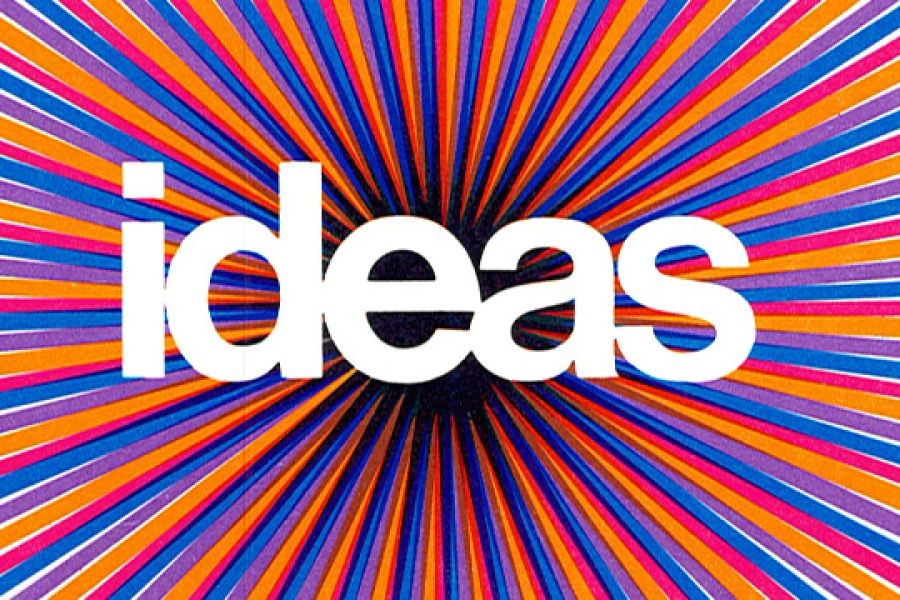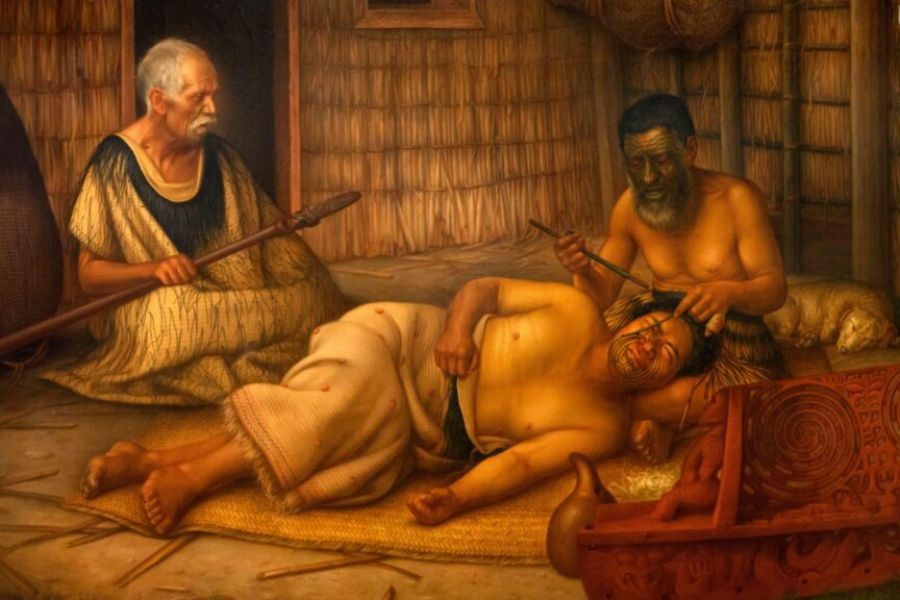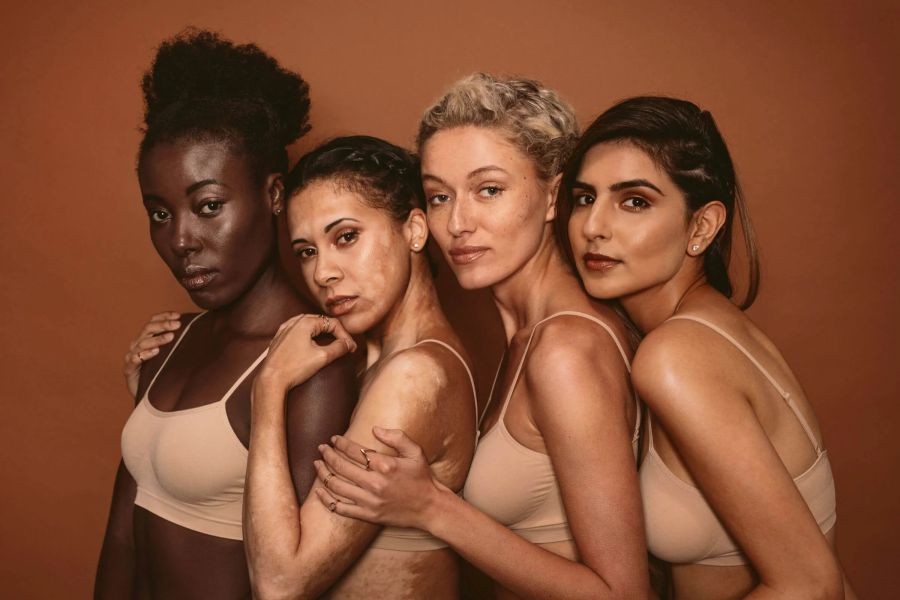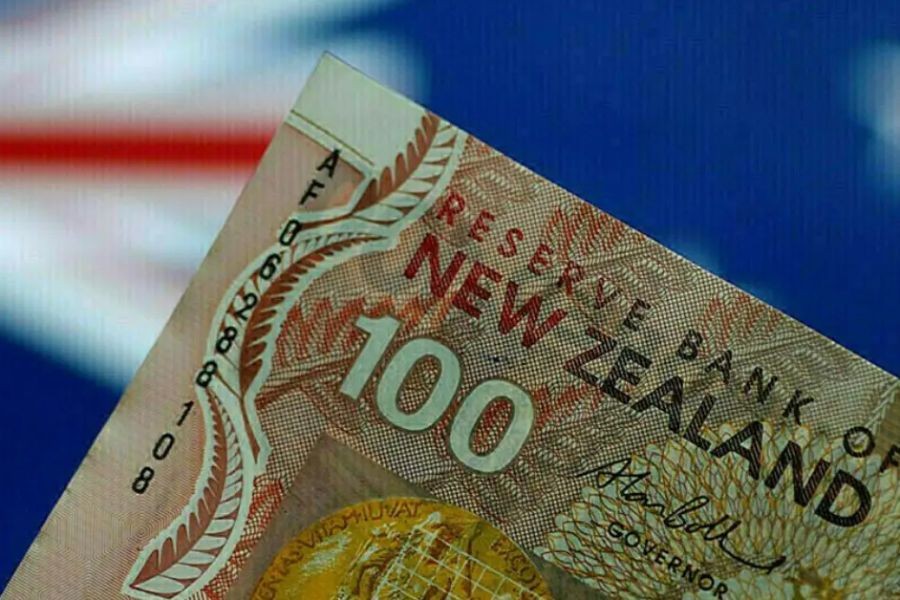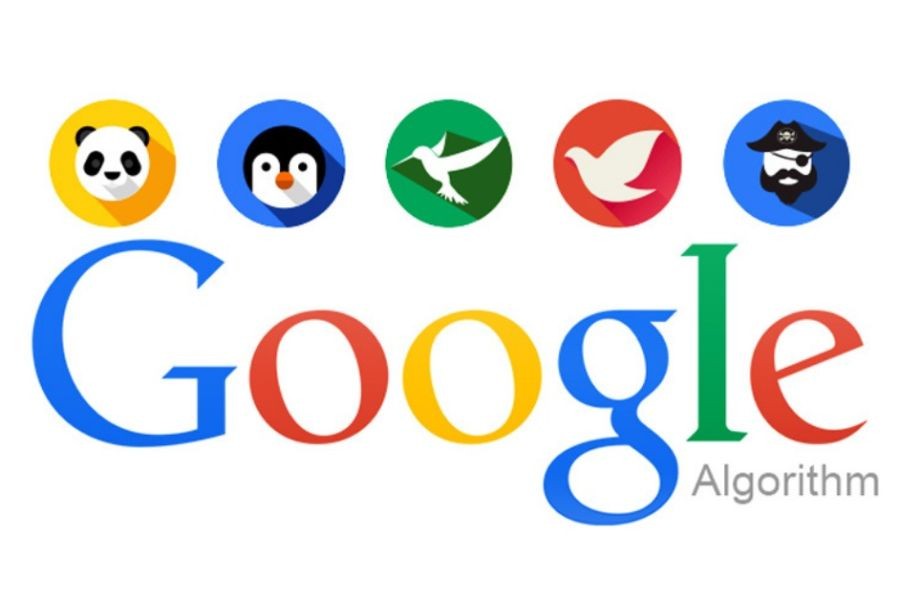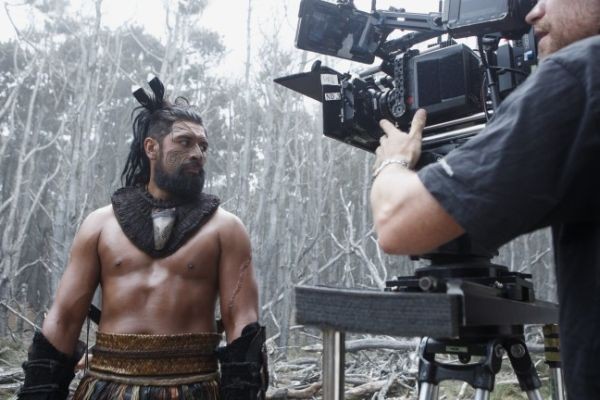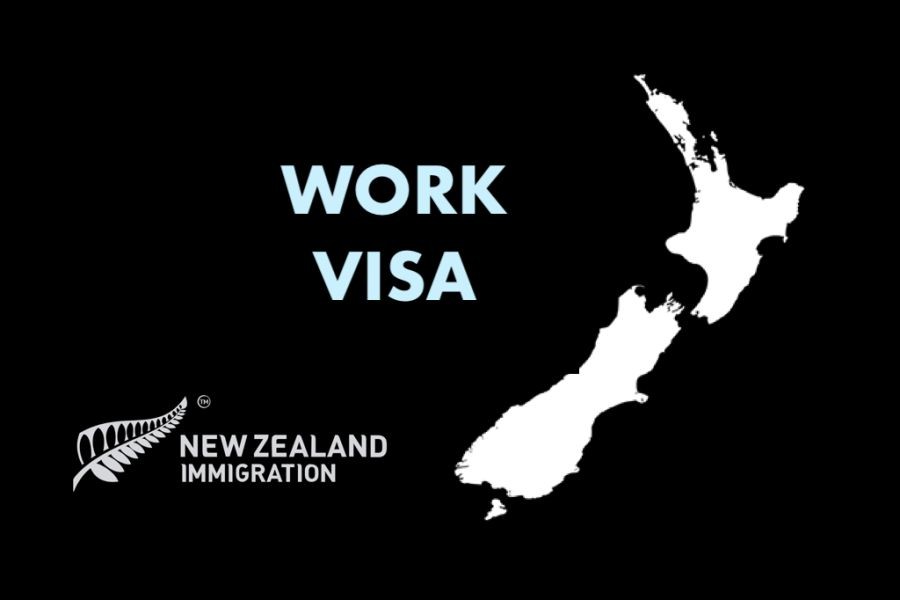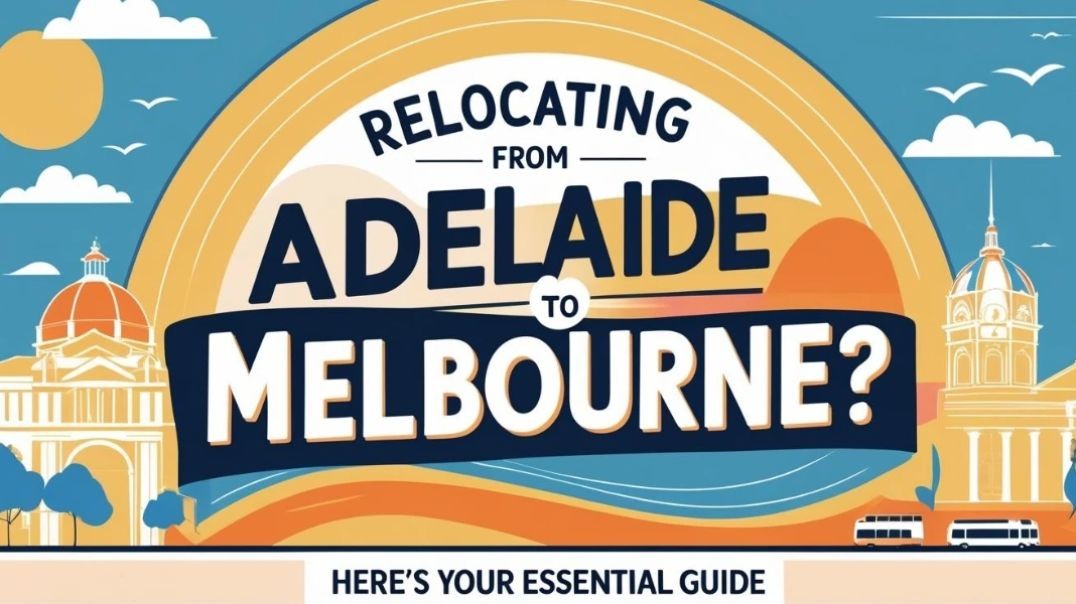Video advertising in New Zealand is rapidly evolving, offering unique opportunities for businesses to engage audiences like never before. However, understanding which types of video ads convert best is critical for healthcare consultants who are keen on leveraging this medium for their clients or practices. In an economy where digital transformation is a key driver, the stakes are high. According to Stats NZ, digital advertising in New Zealand has seen an annual growth rate of over 12% since 2020, highlighting the increasing importance of video ads in marketing strategies.
Understanding the Landscape of Video Ads in New Zealand
New Zealand's digital landscape is uniquely shaped by its cultural nuances and technological advancements. The country's broadband penetration rate, which stands at a robust 97% as reported by the Ministry of Business, Innovation, and Employment (MBIE), creates fertile ground for video advertising. This high connectivity is a double-edged sword; while it expands reach, it also intensifies competition, making it essential for advertisers to choose the right type of video ad to stand out.
The Role of Video Ads in Healthcare Marketing
For healthcare consultants, video ads present an opportunity to demystify complex medical information and build patient trust. Given New Zealand's aging population and increasing healthcare needs, video ads can effectively communicate wellness programs, new treatments, and healthcare services. Consider the success of a Wellington-based healthcare provider that enhanced patient engagement by 30% through educational video content, as reported in a case study by NZ Health Journal.
Pros & Cons of Different Types of Video Ads
Pros and Cons of Educational Video Ads
Pros:
- Informative: They help convey complex healthcare information in an easily digestible format.
- Trust-Building: Experts appearing in videos can enhance credibility and patient confidence.
- High Engagement: Viewers are likely to spend more time on content they find informative.
Cons:
- Time-Consuming: Creating comprehensive educational content can be resource-intensive.
- Complexity: Simplifying complex medical jargon without losing accuracy is challenging.
Pros and Cons of Testimonial Video Ads
Pros:
- Authenticity: Real patient stories can resonate more effectively with potential clients.
- Emotional Connection: Testimonials can evoke empathy and humanize the service provided.
Cons:
- Privacy Concerns: Ensuring patient consent and compliance with privacy laws is crucial.
- Varied Impact: Effectiveness can vary based on the patient's story and delivery.
Expert Opinions and Industry Insights
Industry experts suggest that the future of video ads in New Zealand will be shaped by advancements in personalized content and AI-driven analytics. Dr. Emma Taylor, a digital marketing strategist, notes, "With AI, healthcare providers can create targeted video content that caters to individual patient needs, thereby increasing conversion rates significantly."
An insightful study from the University of Auckland reveals that personalized video content can increase viewer engagement by 35%. This highlights the potential for AI tools in crafting customized video experiences tailored to individual patient profiles.
Case Study: A Success Story in New Zealand
Case Study: Auckland's HealthTech Startup – Using Video Ads for Patient Engagement
Problem:
An Auckland-based HealthTech startup struggled with low patient engagement rates, primarily due to a lack of awareness about their innovative wellness app. Statistics showed that only 15% of their target audience knew about their service.
Action:
To boost engagement, the startup launched a series of testimonial and educational video ads targeting different demographics. They leveraged AI tools to personalize content based on user data, highlighting specific app features that resonated with each demographic.
Result:
- ✅ Engagement Rate: Increased by 50% within three months.
- ✅ User Acquisition: Saw a 20% rise in app downloads.
- ✅ ROI: Achieved a 35% return on ad spend.
Takeaway:
This case study illustrates the power of personalized video content in enhancing patient engagement. Healthcare providers in New Zealand can adopt similar strategies to improve outreach and service utilization.
Common Myths & Mistakes in Video Advertising
Myth: "All video content needs to be professionally produced to be effective."
Reality: Authenticity often trumps high production value. User-generated content or behind-the-scenes footage can be just as impactful, if not more so, in building trust.
Myth: "Longer videos are better for detailed information."
Reality: According to a study by Wistia, videos under two minutes in length have higher engagement rates, emphasizing the need for brevity and focus.
Future Trends and Predictions
Looking ahead, the video advertising landscape in New Zealand is poised for significant transformation. By 2026, it is expected that 70% of all video ads will be AI-generated, allowing for real-time personalization and enhanced viewer interaction. This evolution will likely be driven by advancements in AI technology and increased adoption of digital platforms.
Conclusion
Video ads offer a powerful tool for healthcare consultants in New Zealand—but choosing the right type is crucial for maximizing impact. As digital transformation continues to shape the advertising landscape, leveraging personalized, authentic, and concise video content will be key to engaging audiences effectively. What’s your take on the future of video advertising? Share your insights below!
People Also Ask (FAQ)
- How do video ads impact healthcare marketing in New Zealand? Video ads enhance engagement and trust, crucial for healthcare marketing, by effectively communicating complex information and personalizing patient interactions.
- What are the biggest misconceptions about video ads? A common myth is that high production value is necessary for effectiveness, but authenticity and relevance often yield better engagement.
- What are the best strategies for creating effective video ads? Focus on personalization, authenticity, and brevity to maximize engagement and viewer retention in your video ad campaigns.
Related Search Queries
- Best types of video ads for healthcare
- Video marketing strategies in New Zealand
- Impact of AI on video advertising
- Healthcare marketing trends in NZ
- Personalized video ads for patient engagement













